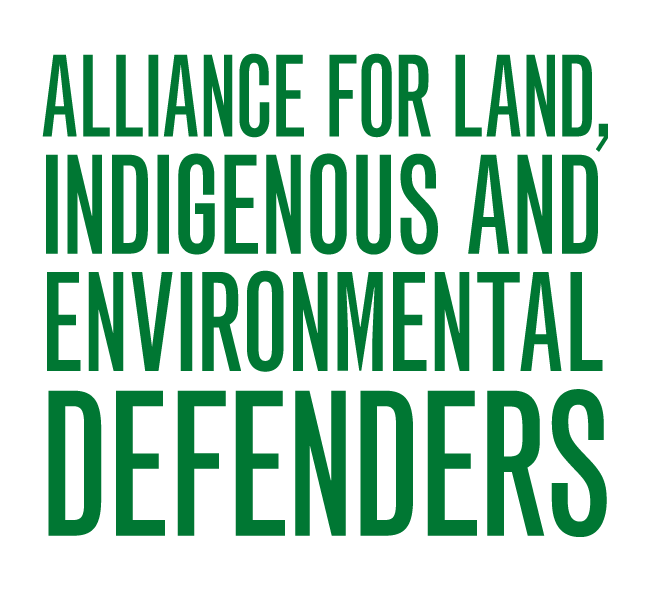
We work with and for defenders. Therefore, all of our activities are designed jointly with defenders or after meaningful consultation with defenders who are part of the ALLIED network as members or strategic partners.
To this end, our working groups and coordination team regularly organize dialogue spaces, peer learning sessions, and listening sessions.
A cross-cutting goal of our work is to strengthen skills in both defenders and supporters, and to establish and facilitate safe spaces for meaningful dialogue and knowledge exchange. This ensures smoother information flows between defenders and supporters.
Our Work

ALLIED implements its strategy thanks to the efforts of three working groups:
Data Collection and Reporting
We work to reduce fragmentation of data and to create a global consolidated database of lethal and non-lethal attacks faced by Indigenous, Land and Environmental Defenders (ILEDs). We document the state of reporting of attacks on ILEDs. We examine potential pathways towards building a better dataset that could inform better, evidence-based policies and protection mechanisms.
Law and Advocacy
We work to secure stronger frameworks for the protection of Indigenous, Land and Environmental Defenders (ILEDs), the implementation of existing norms and effective responses to the criminalization of defenders. We work to understand and address the drivers of violence against defenders, including corruption, organized crime and impunity. We help defenders to access and use multilateral spaces effectively to advance their goals.
Supports and Solidarity
We identify support gaps and barriers and actively work to address them. Embracing a bottom-up approach, we aim to connect and build capacities in, Indigenous, Land, and Environmental Defenders (ILEDs) and the organizations working to support them, in order to secure that demand-driven, flexible, and context-appropriate support reaches those who need it most.
Environmental Rights Agreement in Africa – ERA
In the wake of the climate emergency, environmental rights are critical tools for ensuring African communities are not left out of the environmental and development decisions that will transform the continent in the coming decades. A regional environmental rights instrument offers the opportunity to safeguard Indigenous, Land and Environmental Defenders (ILEDs) and guarantee a just transition.
